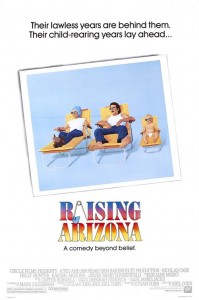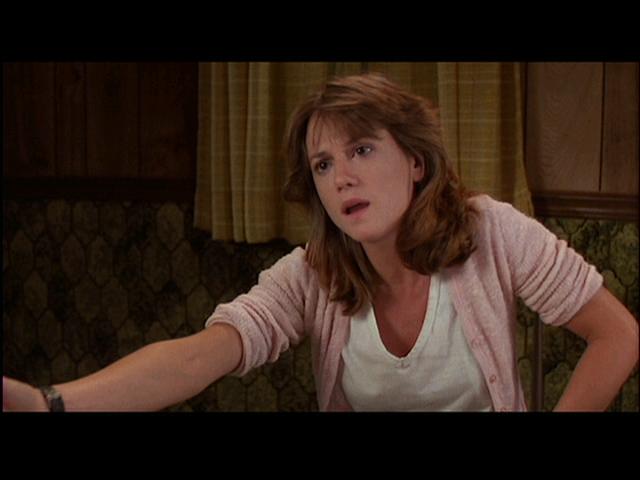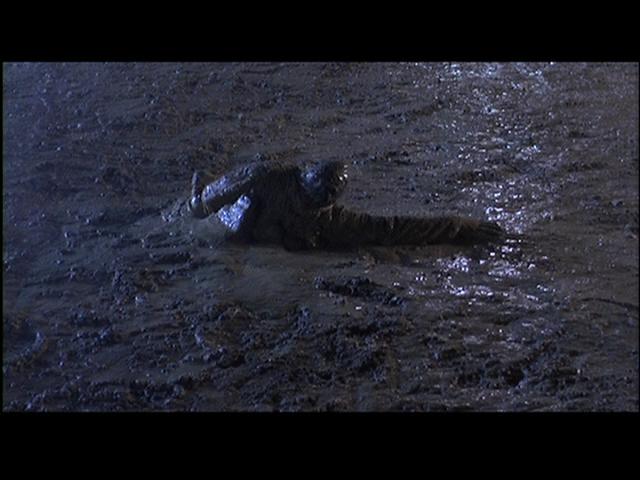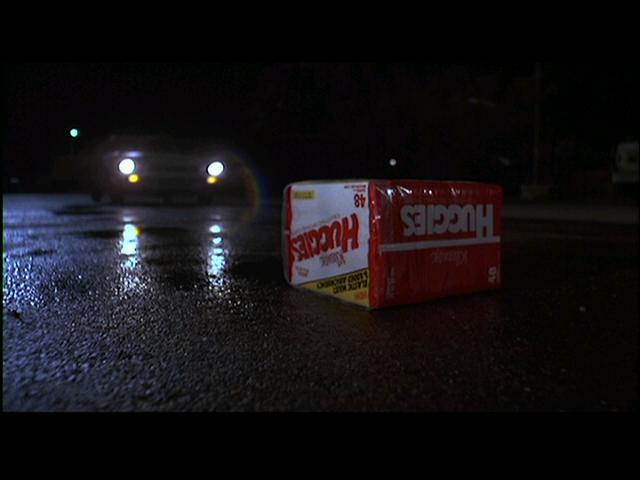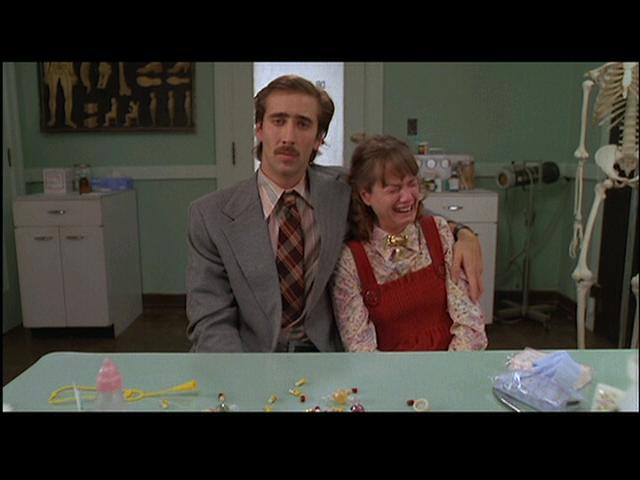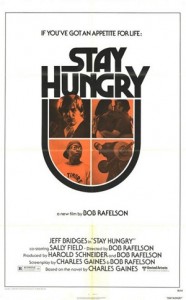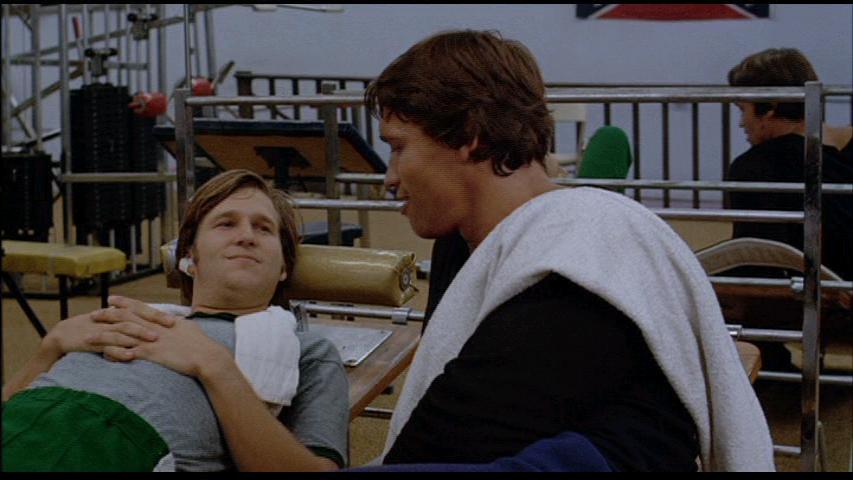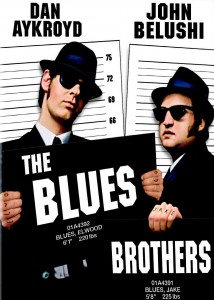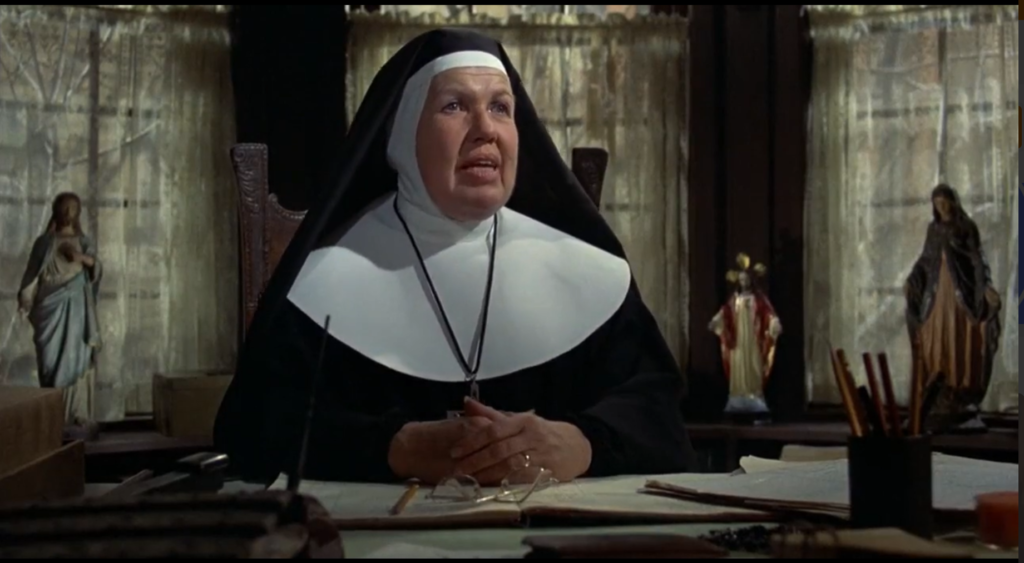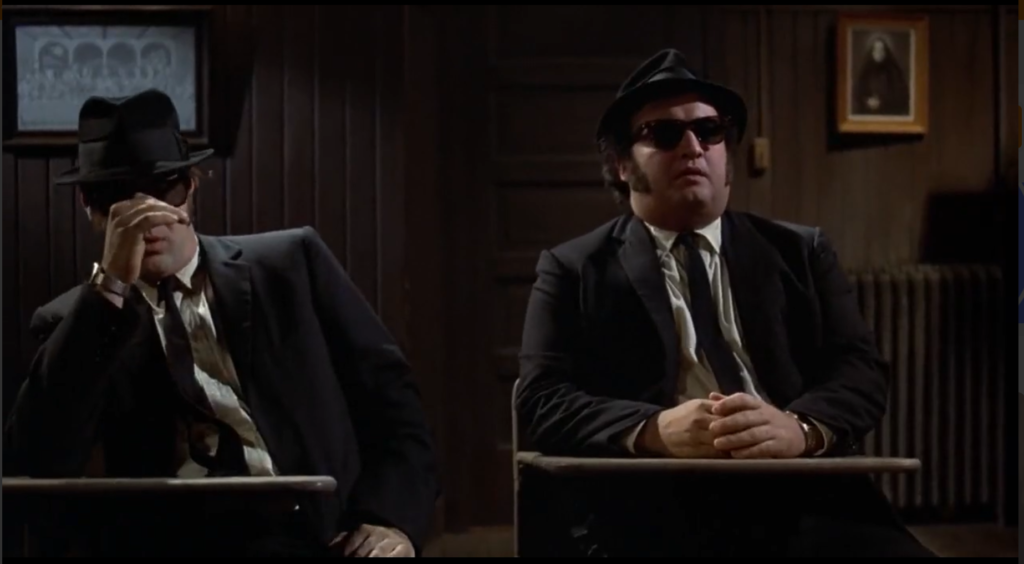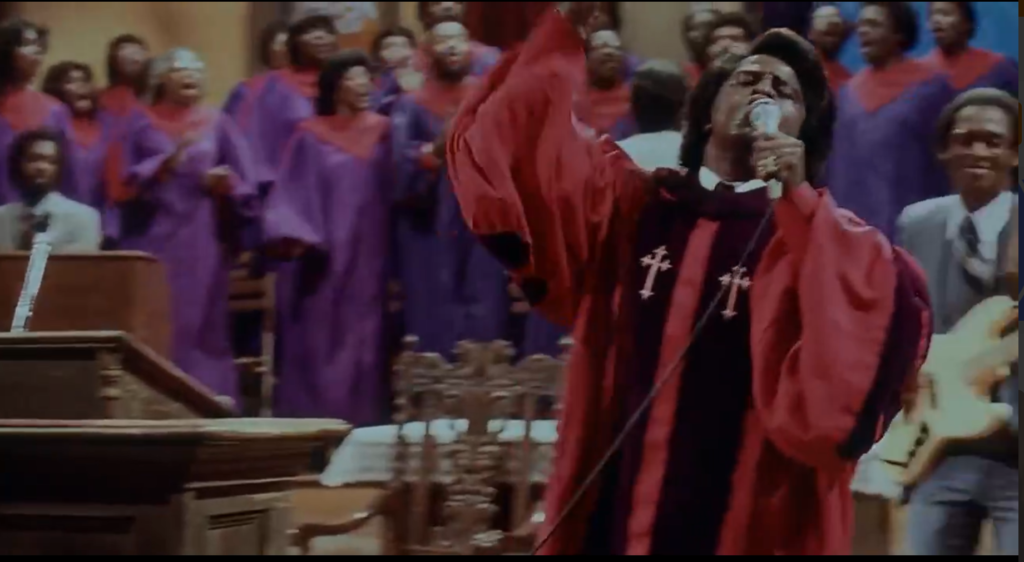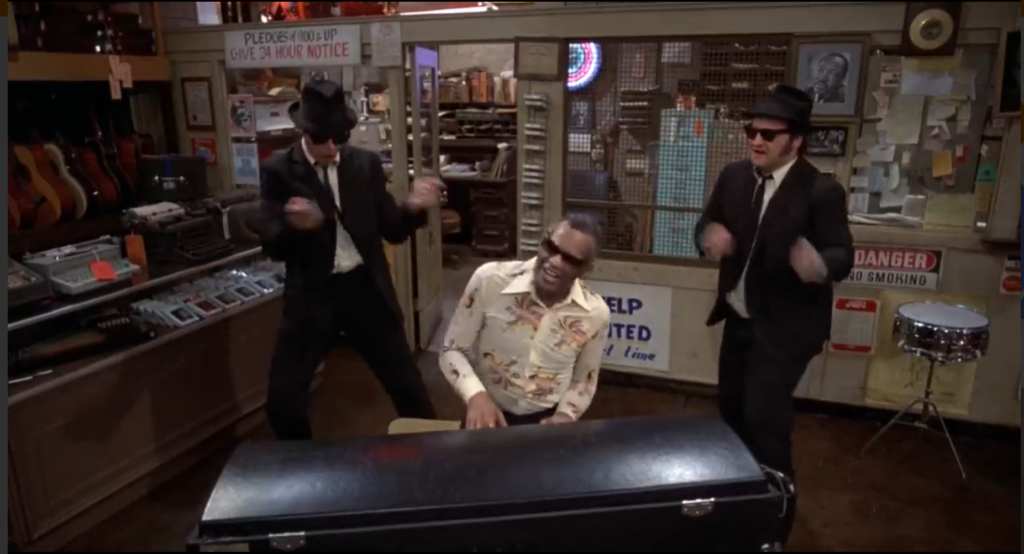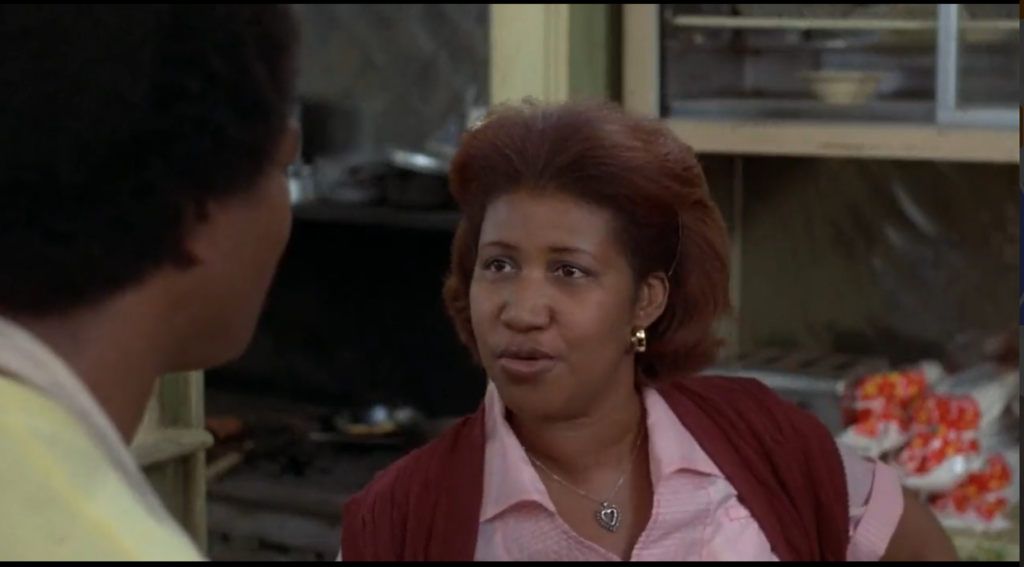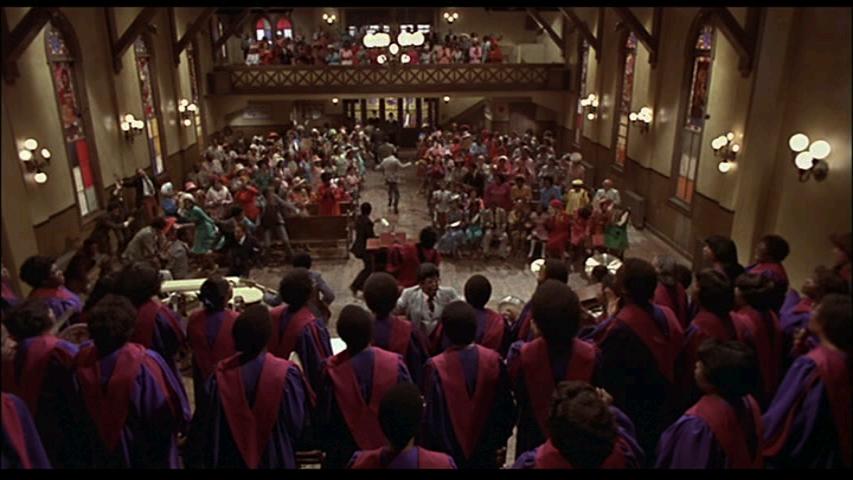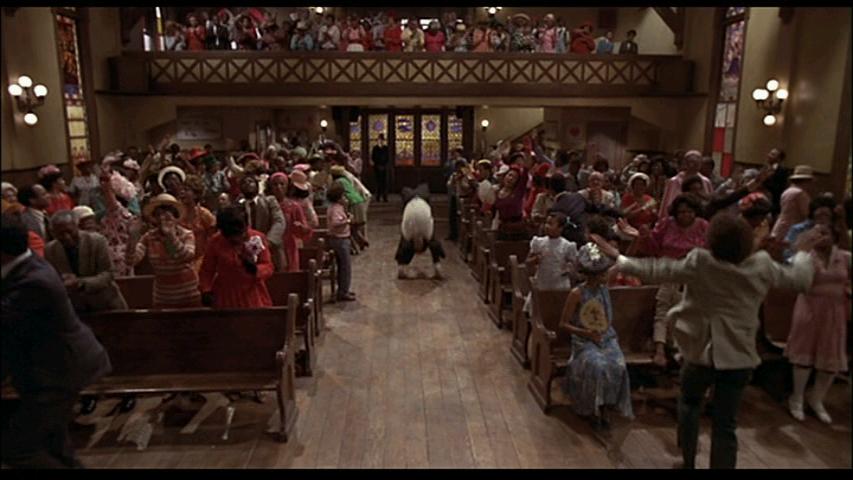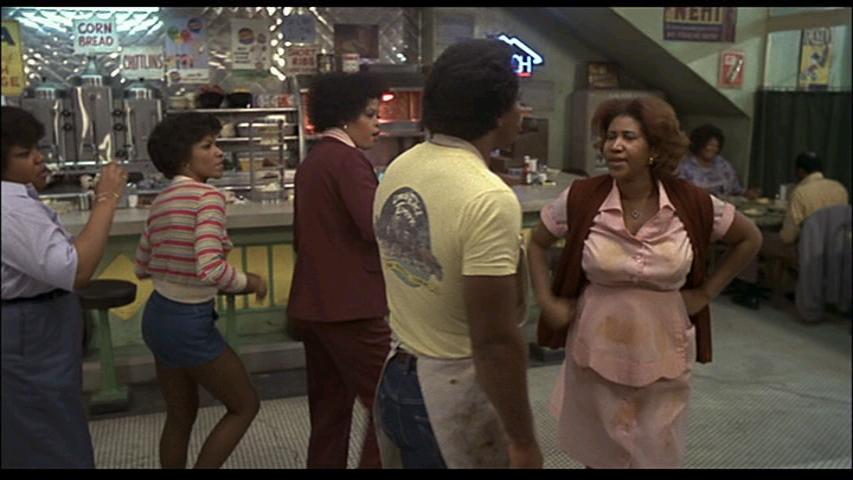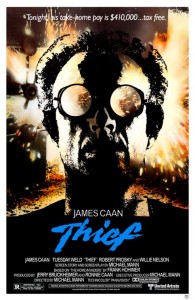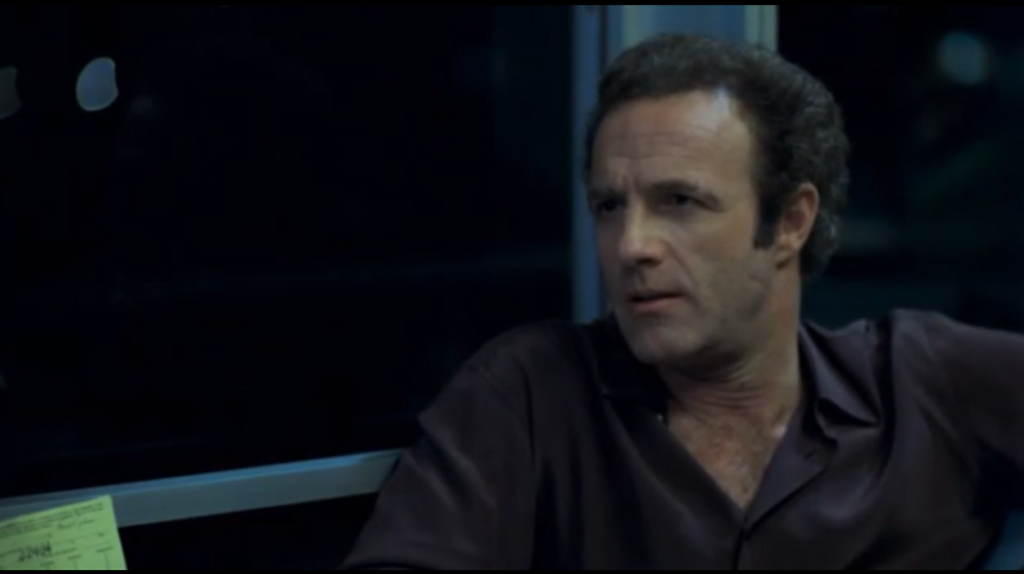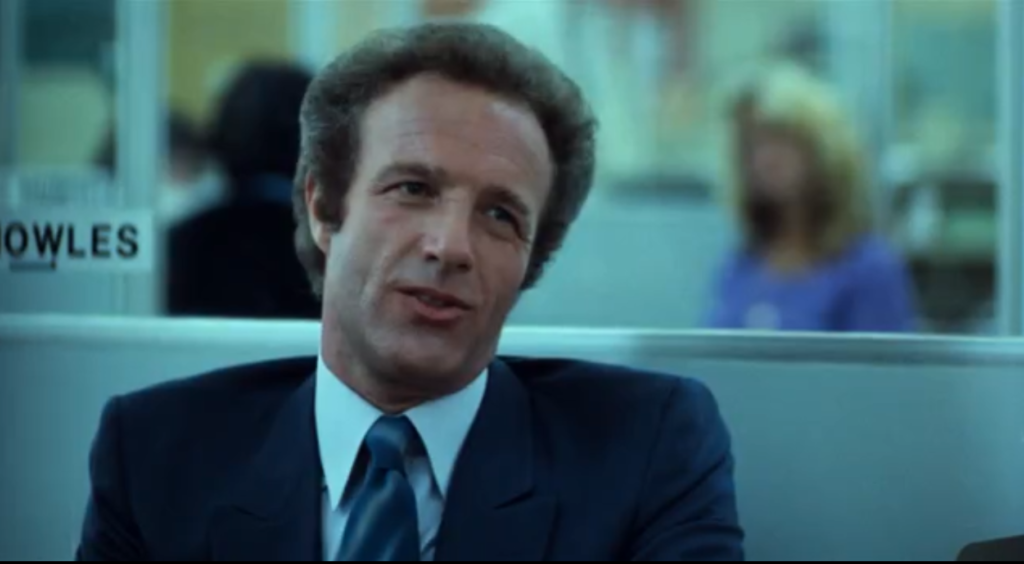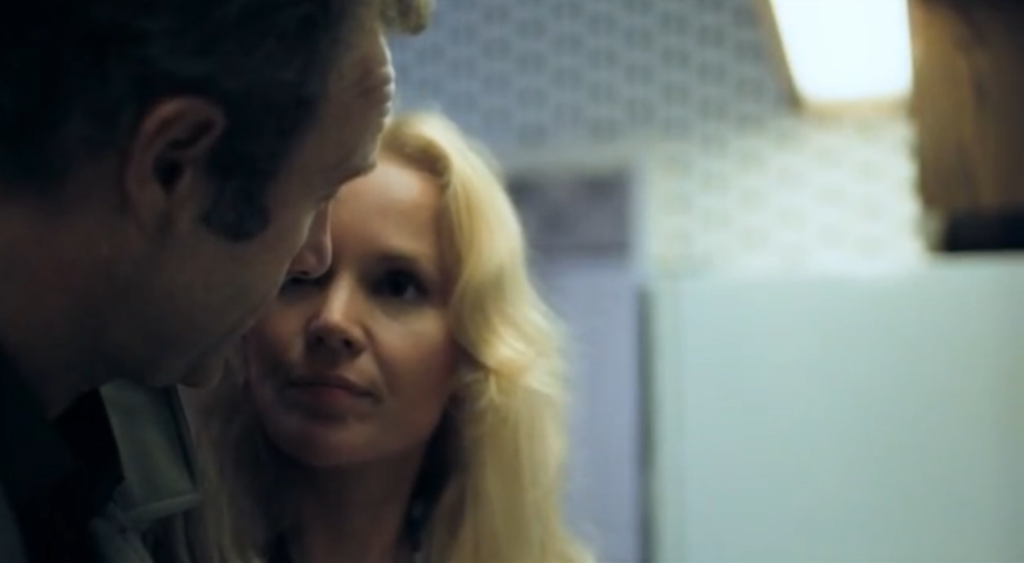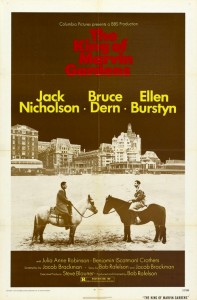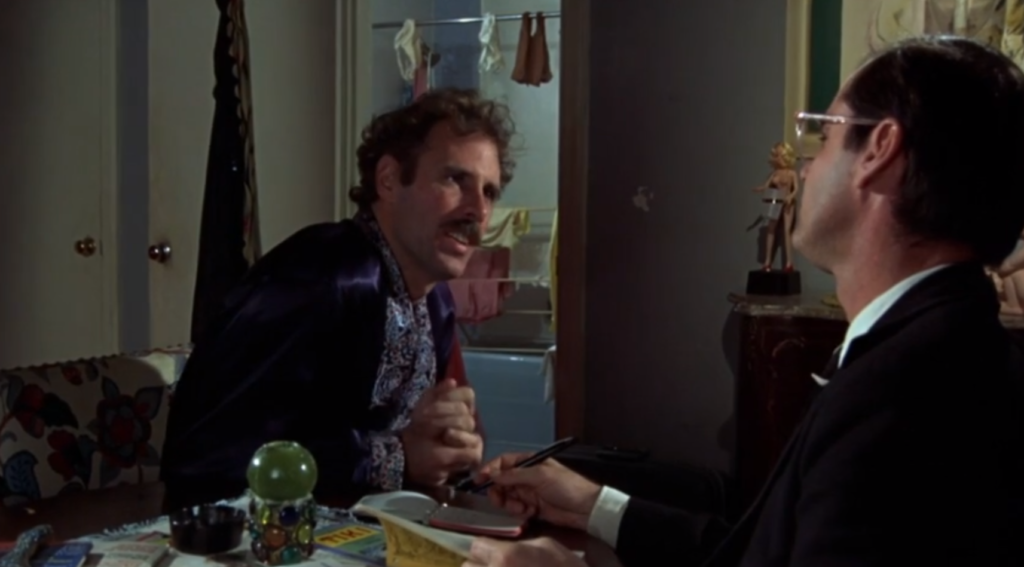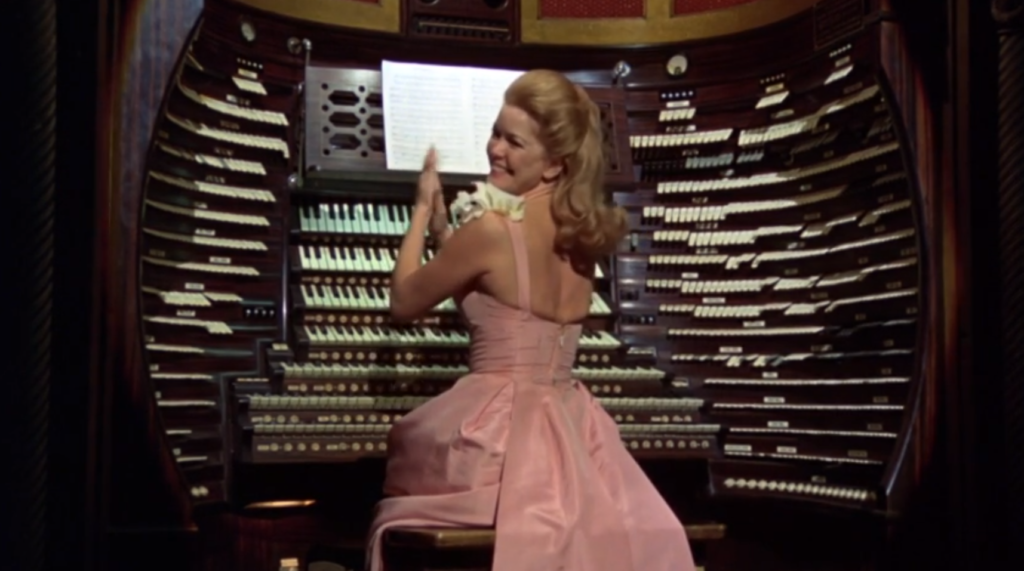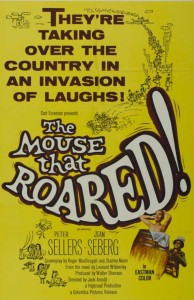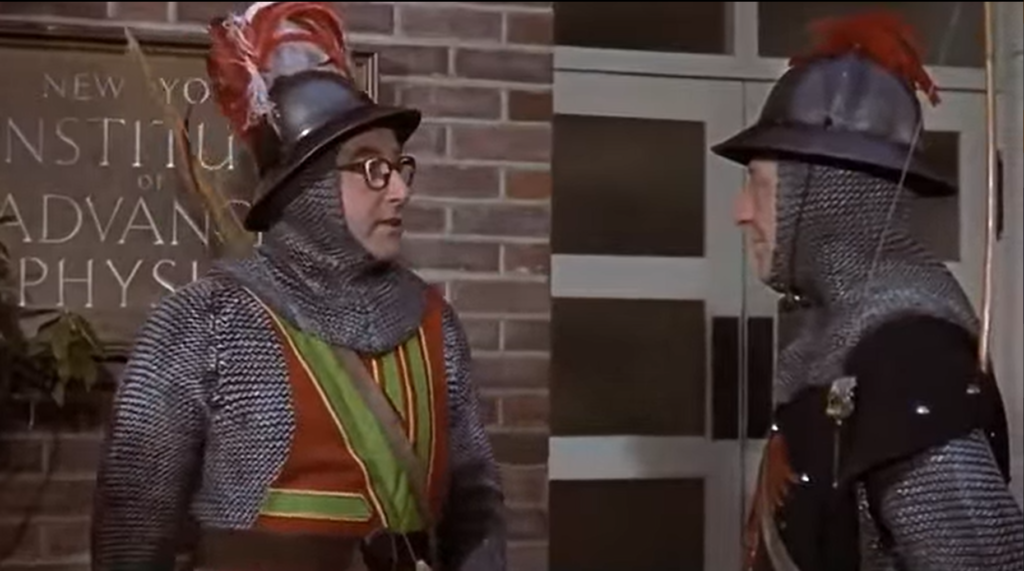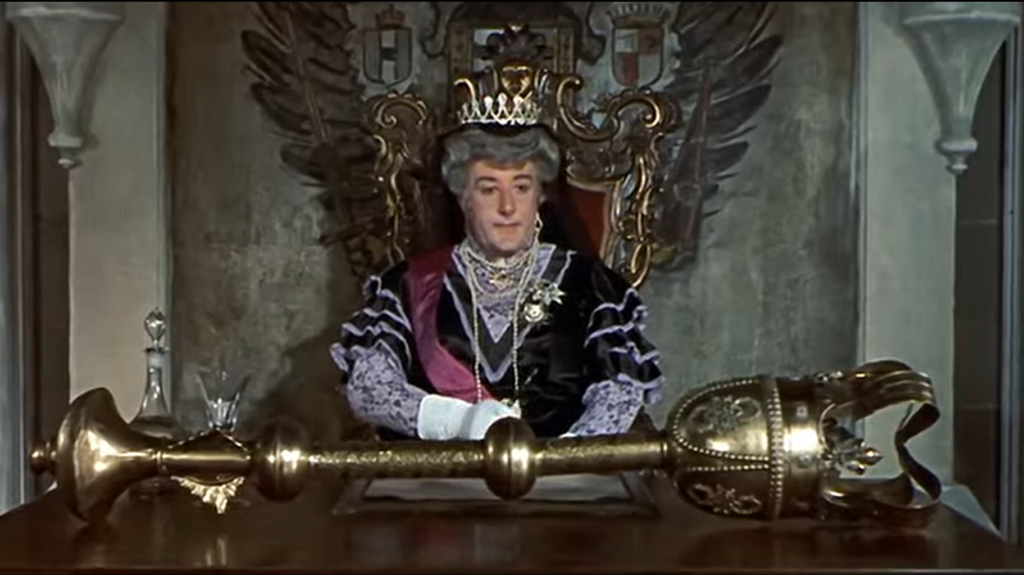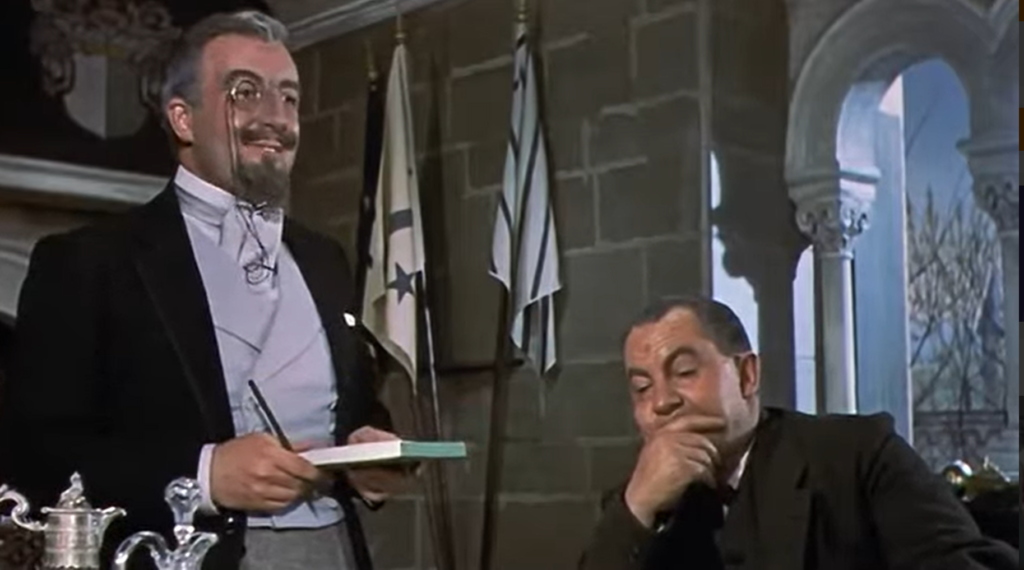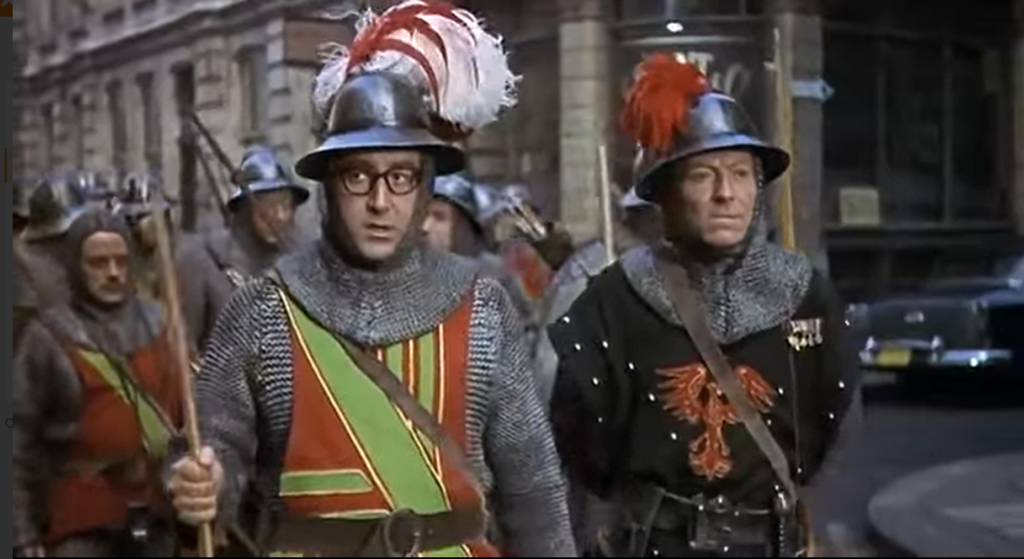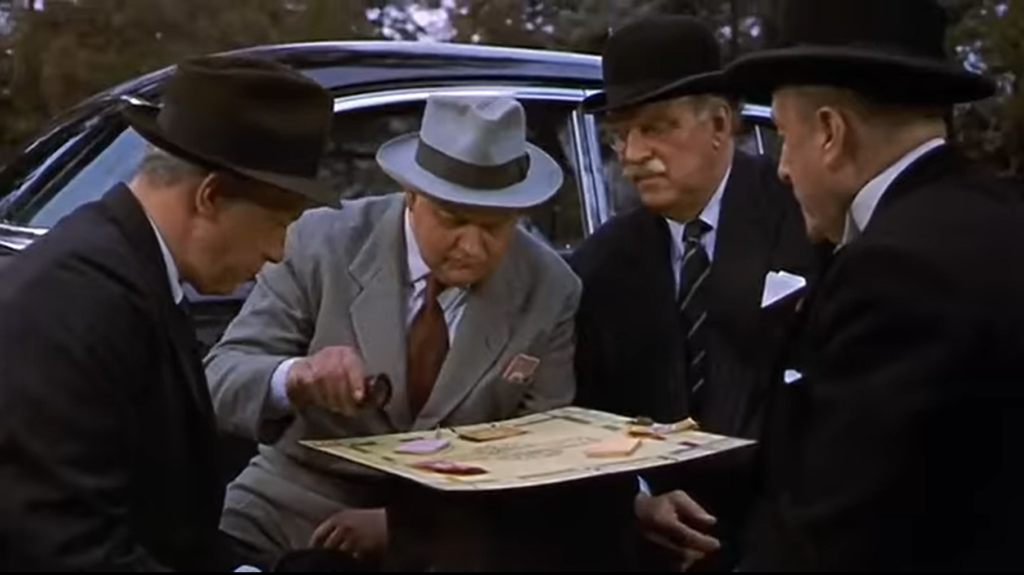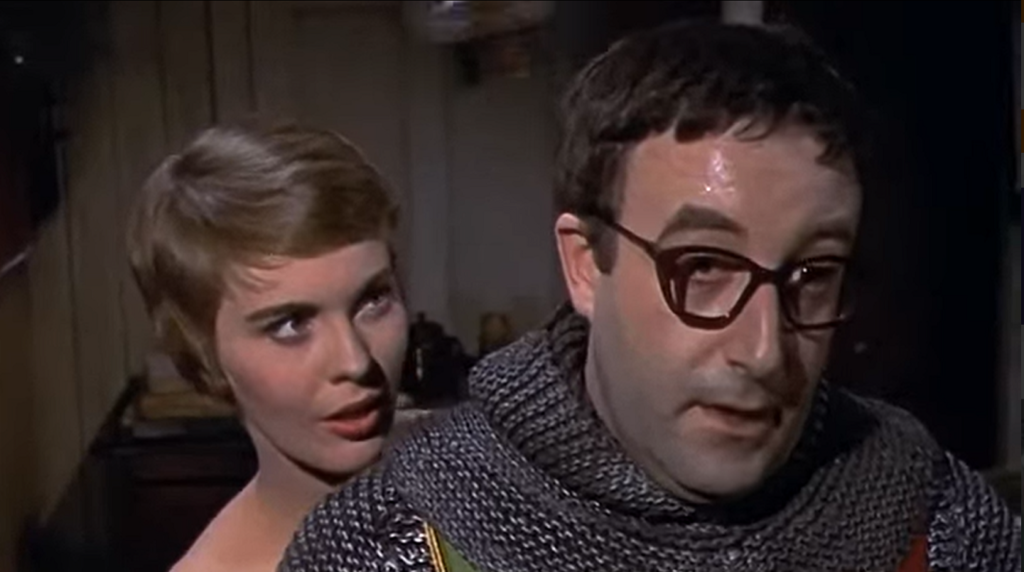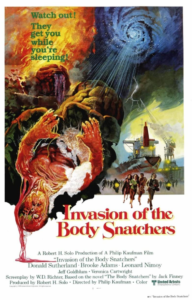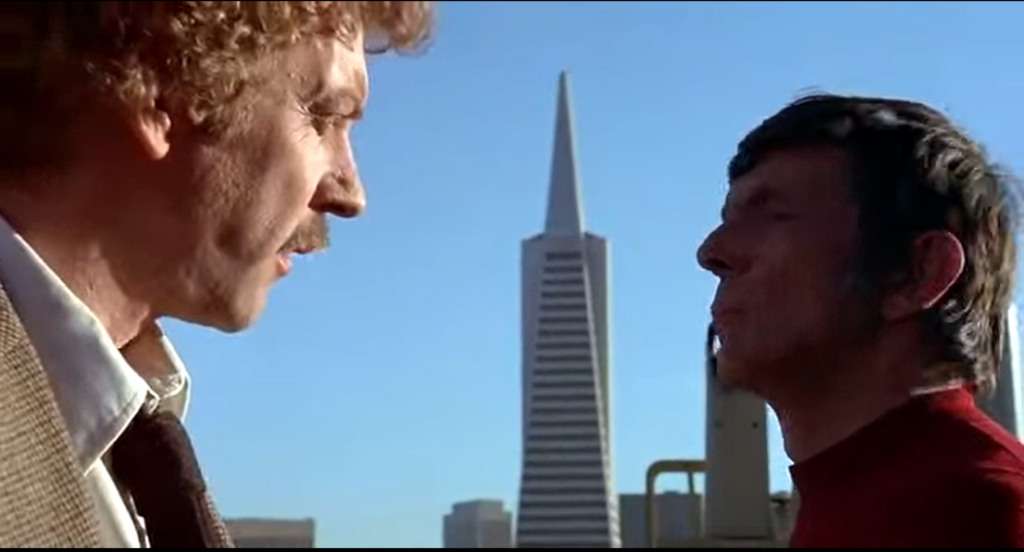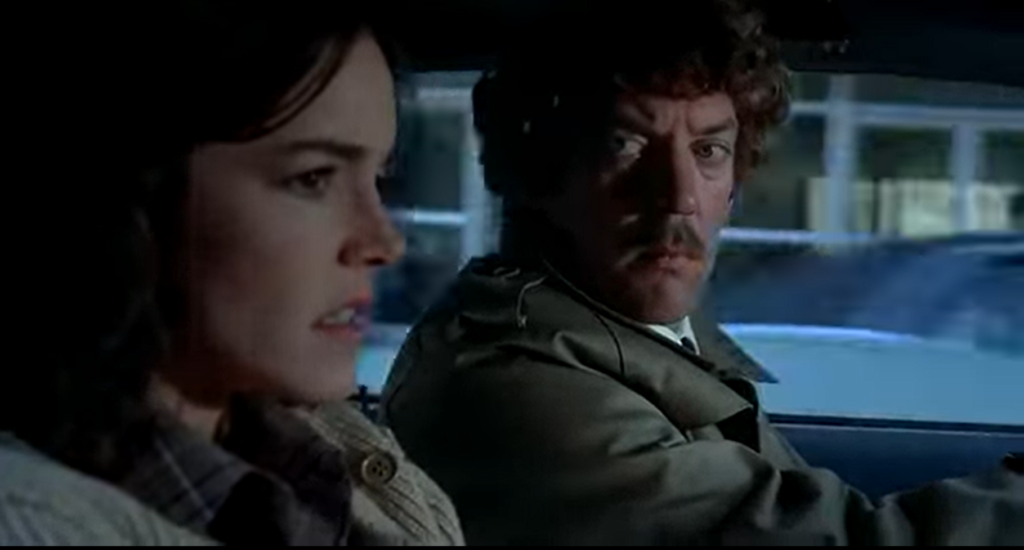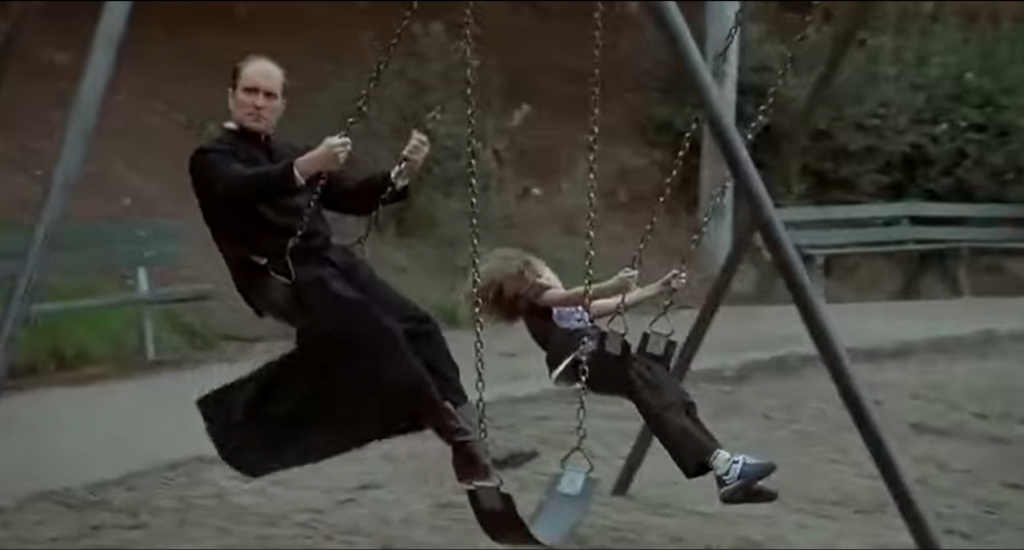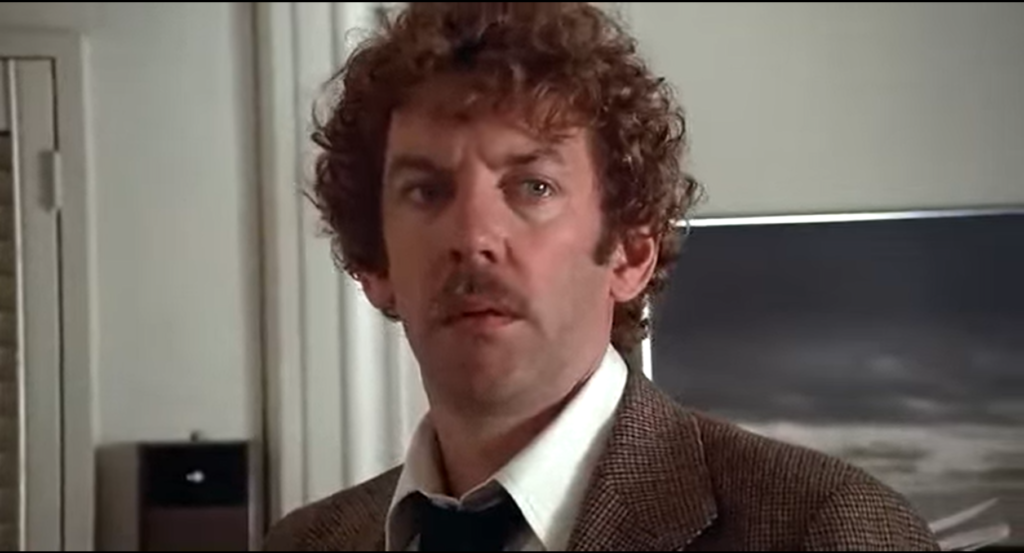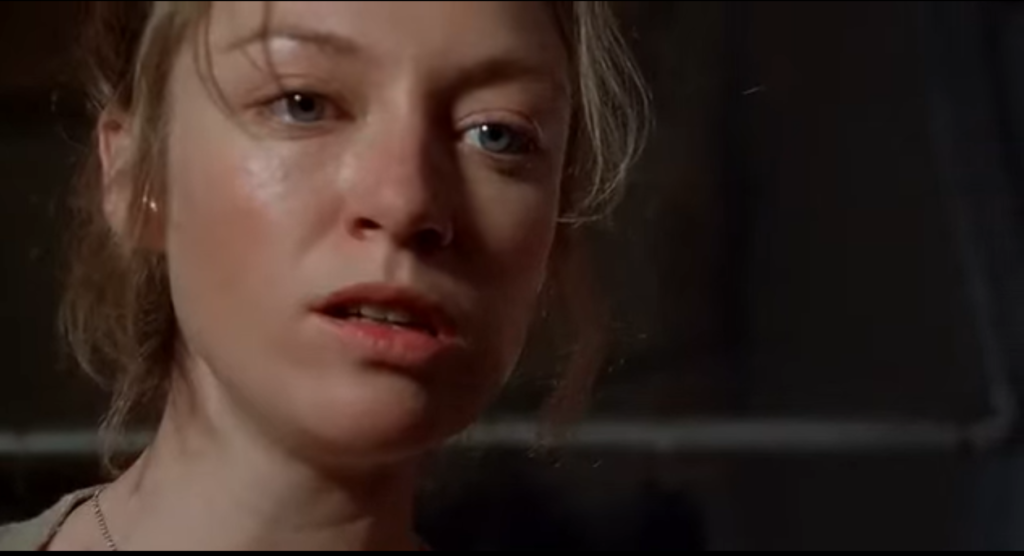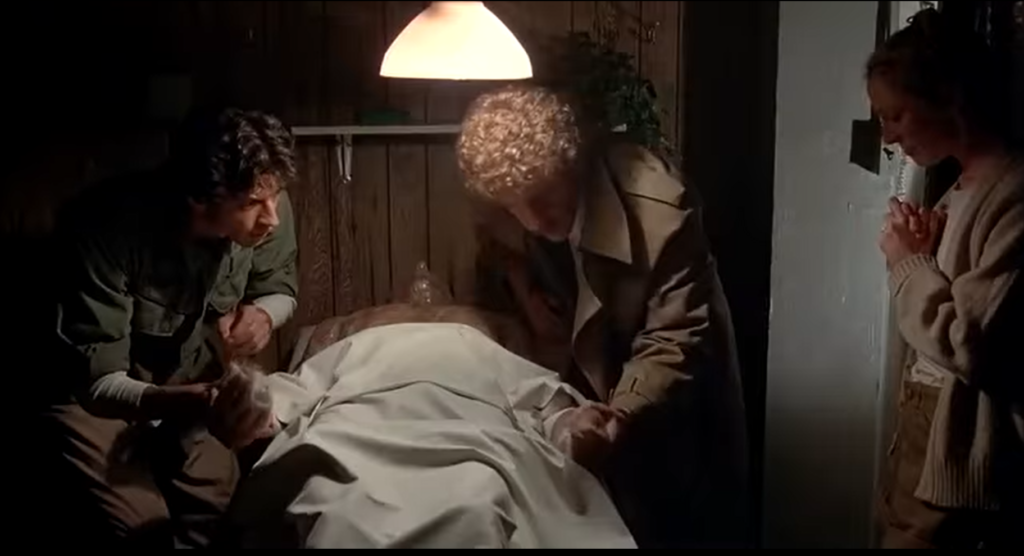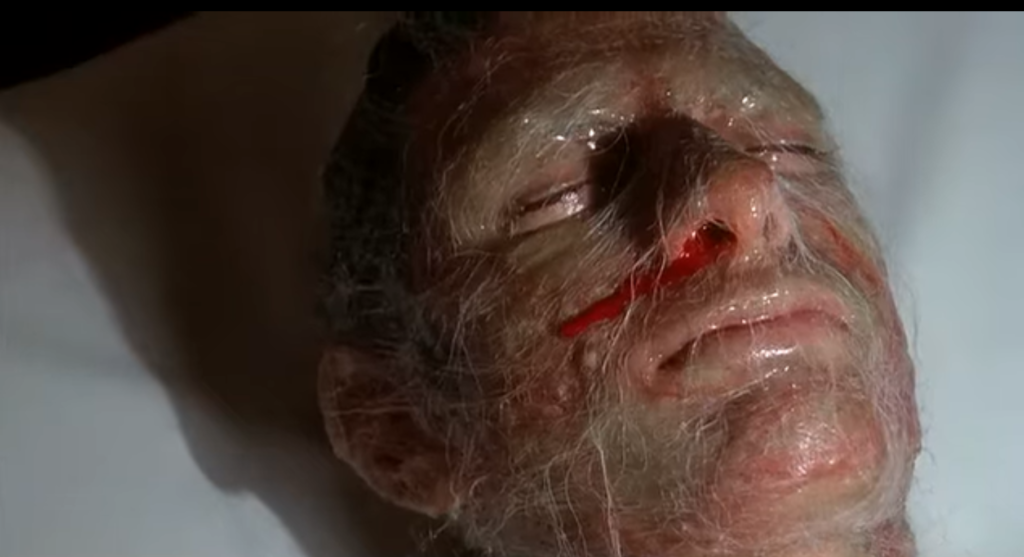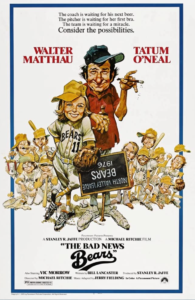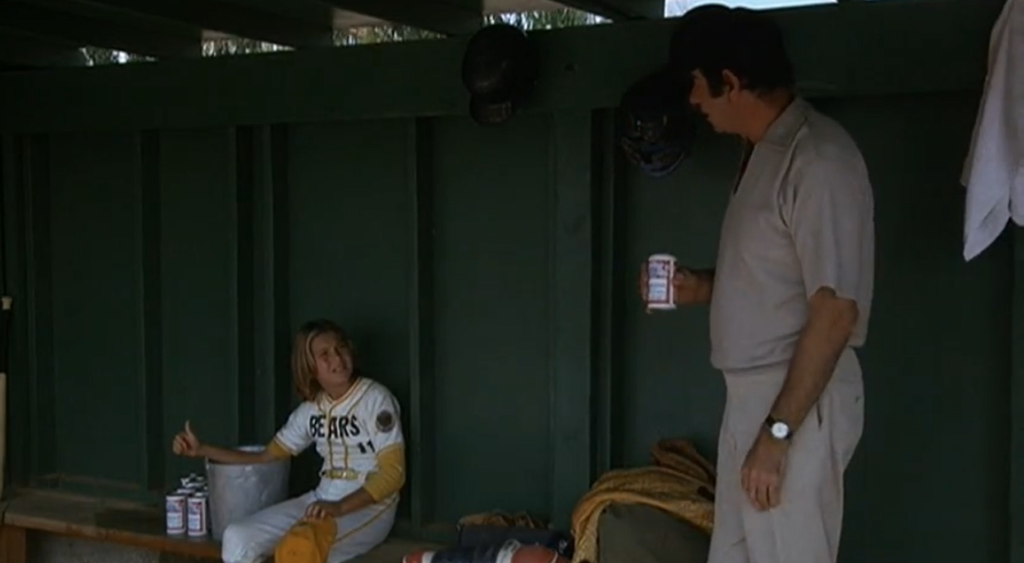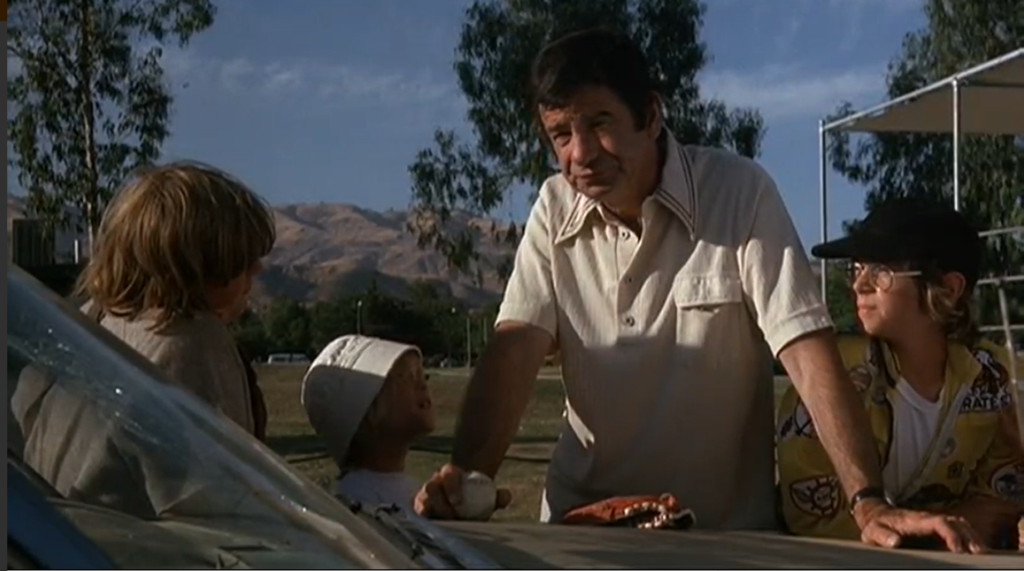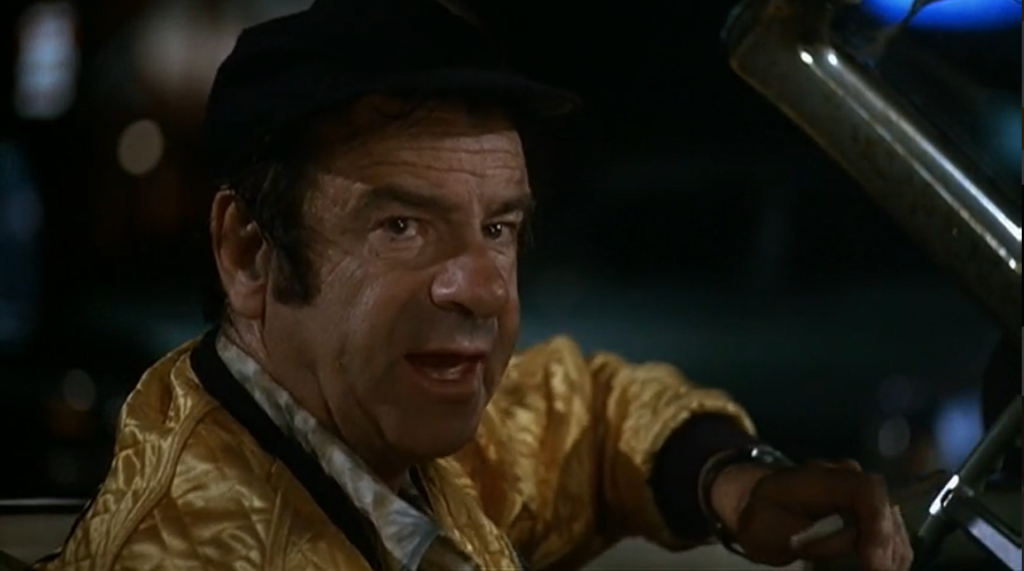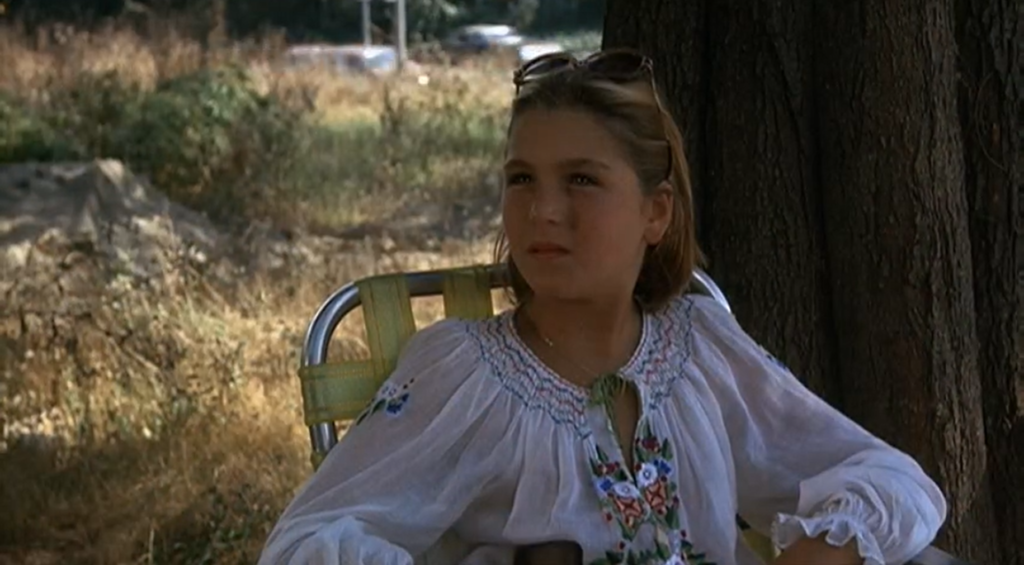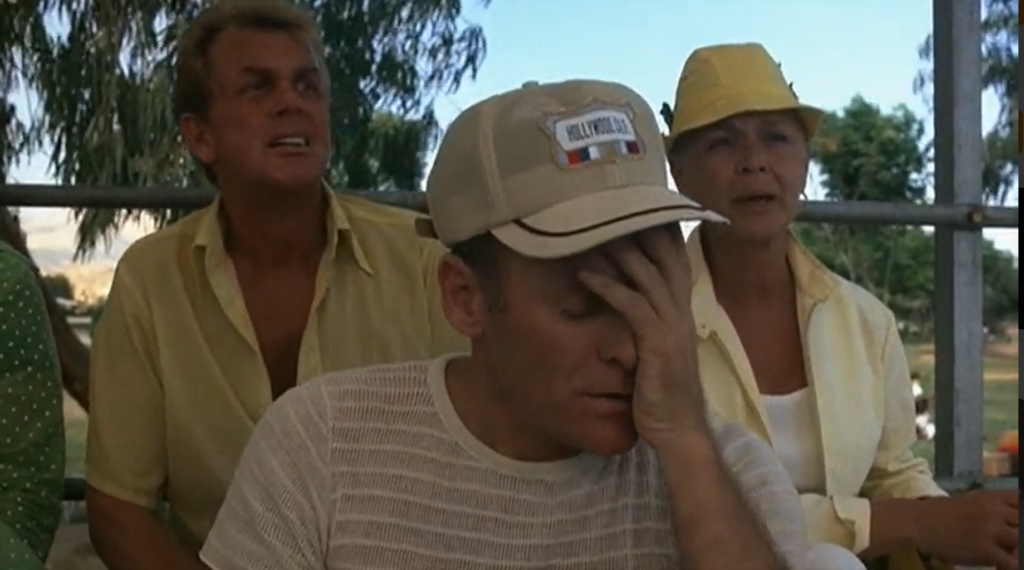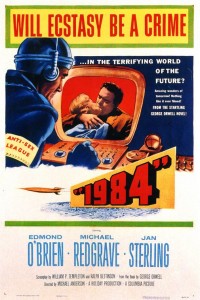|
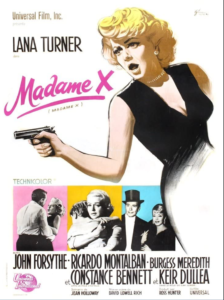
Synopsis:
The lower-class wife (Lana Turner) of a wealthy socialite (John Forsythe) is caught in a compromising situation with a male companion (Ricardo Montalban), and forced by her brutal mother-in-law (Constance Bennett) to “die” and live under an assumed name in Europe. Out of guilt and loyalty, she forgoes a renewed chance at romance with a concert pianist (John Van Dreelen), and descends into a life of alcoholism and despair. When a seedy acquaintance (Burgess Meredith) finds out who her husband (now governor of New York) and son are, he tries to blackmail her; she kills him, and stands on trial for her life as “Madame X” — not realizing that her lawyer (Keir Dullea) is actually her grown son.
|
|
Genres, Themes, Actors, and Directors:
- Blackmail
- Burgess Meredith Films
- Constance Bennett Films
- Courtroom Drama
- Downward Spiral
- Keir Dullea Films
- Lana Turner Films
- Mistaken or Hidden Identities
- Ricardo Montalban Films
- Suffering Mothers
Review:
As indicated in my lengthy synopsis of this big-budget soaper, the eponymous protagonist (played by 45-year-old Lana Turner) endures one unfortunate blow after another in her unjustly difficult life. After marrying into wealth, Holly Anderson finds that her loving yet ambitious husband is barely around:
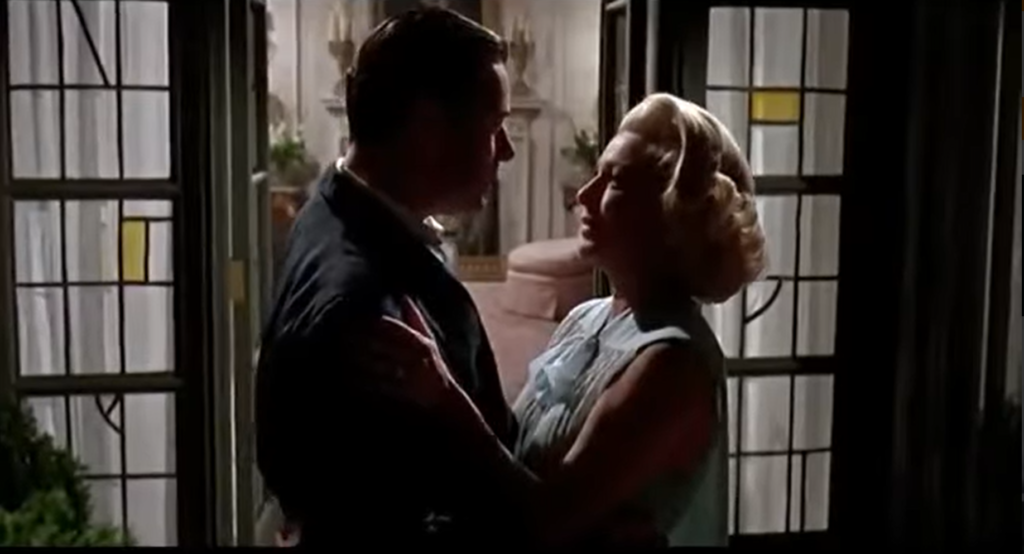
… and when she allows herself to seek temporary solace in companionship with a male friend, her downfall is guaranteed. Unfortunately, however, because Holly is portrayed so sympathetically (she never stops loving her husband, and we understand that she never considered her friendship with Montalban to be anything more than just this), viewers aren’t given much to feel other than pity. And when, as a “free woman”, she turns down a chance for love and happiness with a wealthy European pianist, we realize that our tragic heroine is basically biding her time until her death.
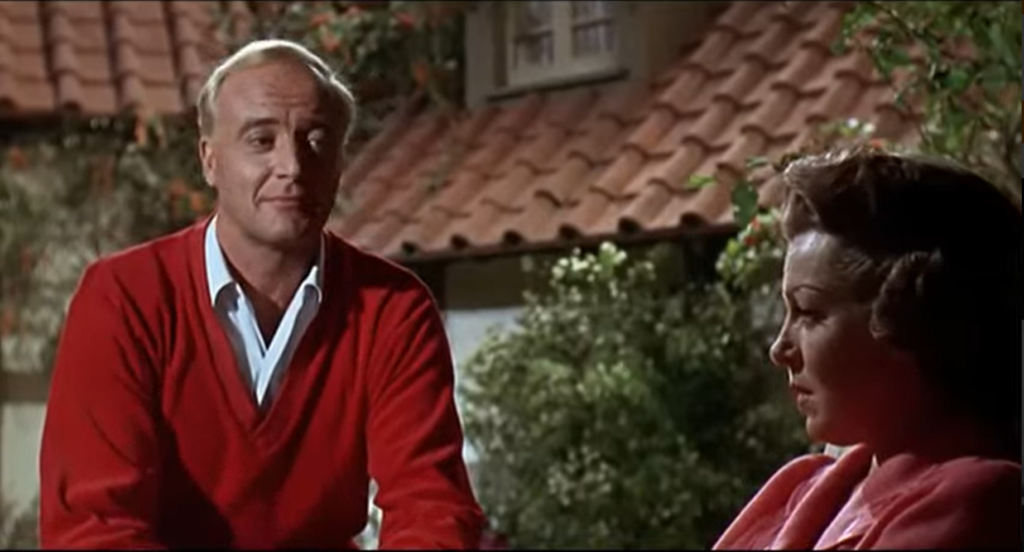
Ironically, it’s only once Holly’s life goes completely downhill that Turner — never the greatest of actresses — begins showing some true chops. Her performance comes alive in the second half of the film, but the earlier scenes are less than convincing (particularly since Turner was much too old to be playing a newlywed socialite). Unfortunately, other performances in the film are equally problematic. John Forsythe (Turner’s husband) is so bland as to be practically non-existent; Keir Dullea as Turner’s grown son acts as woodenly as ever:
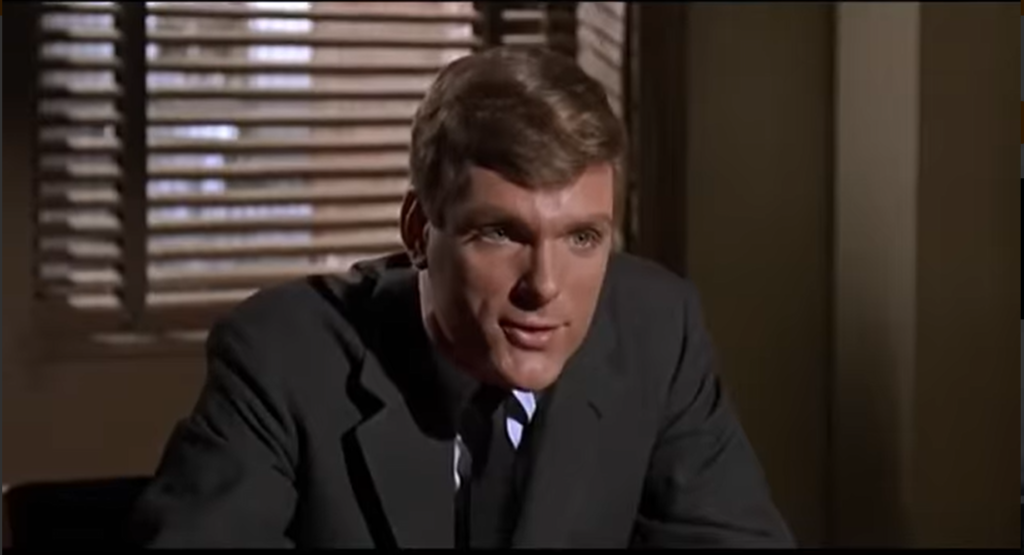
… and while Constance Bennett is effectively cruel (in what was to become her final screen role), she’s not on-screen nearly enough: once Holly is banished to Europe, we don’t see Bennett again until the final courtroom scenes, when she inexplicably appears to have tears in her eyes at the sight of her daughter-in-law.
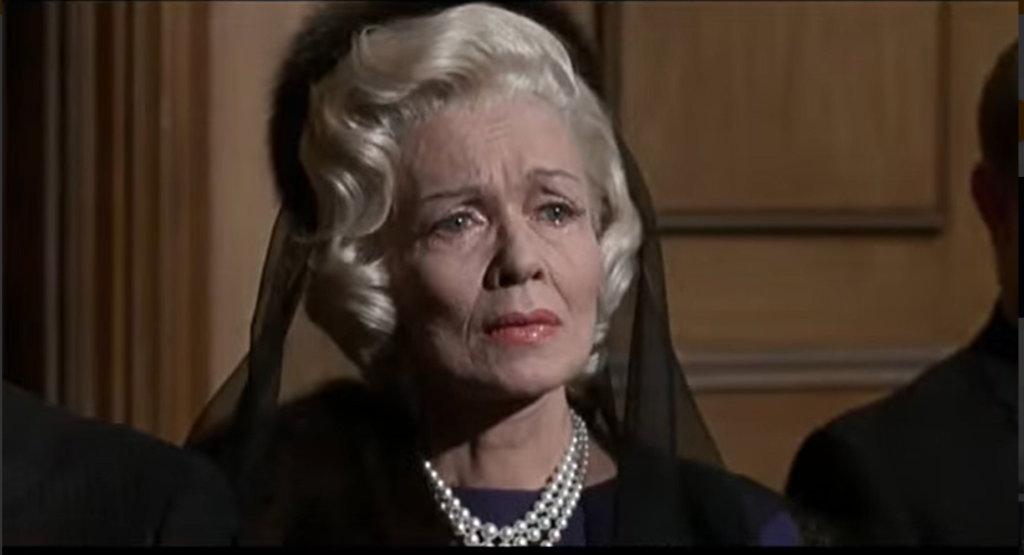
Indeed, the entire denouement of the film — while exciting in some ways, given that we really don’t know how things will turn out — is ultimately unsatisfying, primarily due to an egregious error in logic: in a convenient yet highly unlikely twist of fate, Holly doesn’t learn that her lawyer is her son until the final tear-jerking day of the trial. However, one watches a melodrama like this simply for the emotions and colorful set designs, which Madame X has in spades. If you enjoy your dramas bordering on camp (typical dialogue: “I don’t give a damn about the past; the world begins with you and me!”), and consider gaping plot holes to be a necessary sacrifice for high melodrama, then perhaps this film was made just for you.
Redeeming Qualities and Moments:
- Lana Turner’s performance — but only in the second half of the movie, when she’s a down-and-out alcoholic mess
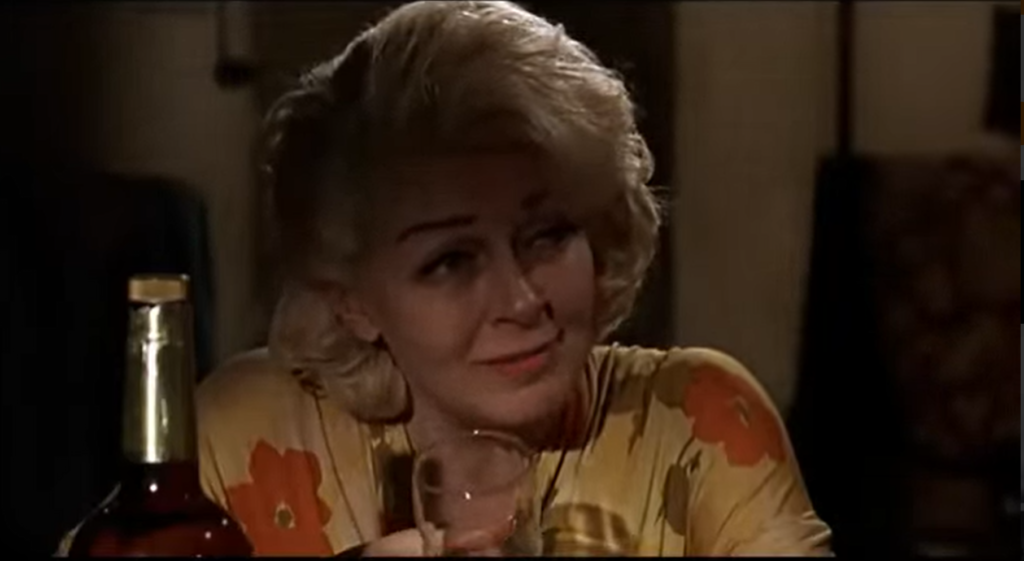
- Ricardo Montalban (in a Latin-lover role seemingly tailor-made for him)

- Lavish set designs
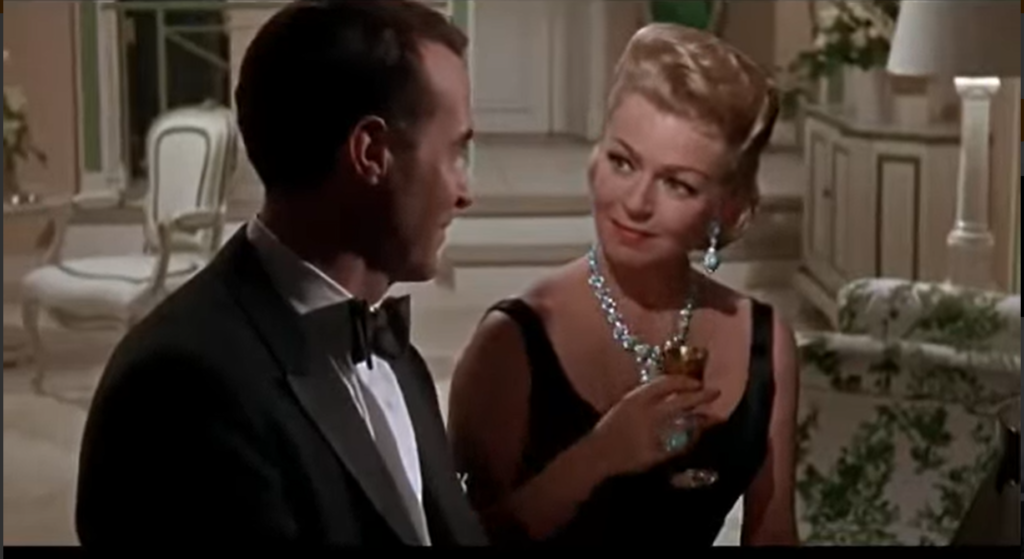
Must See?
No. While this film is representative of producer Ross Hunter’s signature “high melodrama” style, he made plenty of other, worthier movies which film fanatics should spend their viewing time on instead. Only recommended for die-hard Lana Turner fans.
Links:
|
